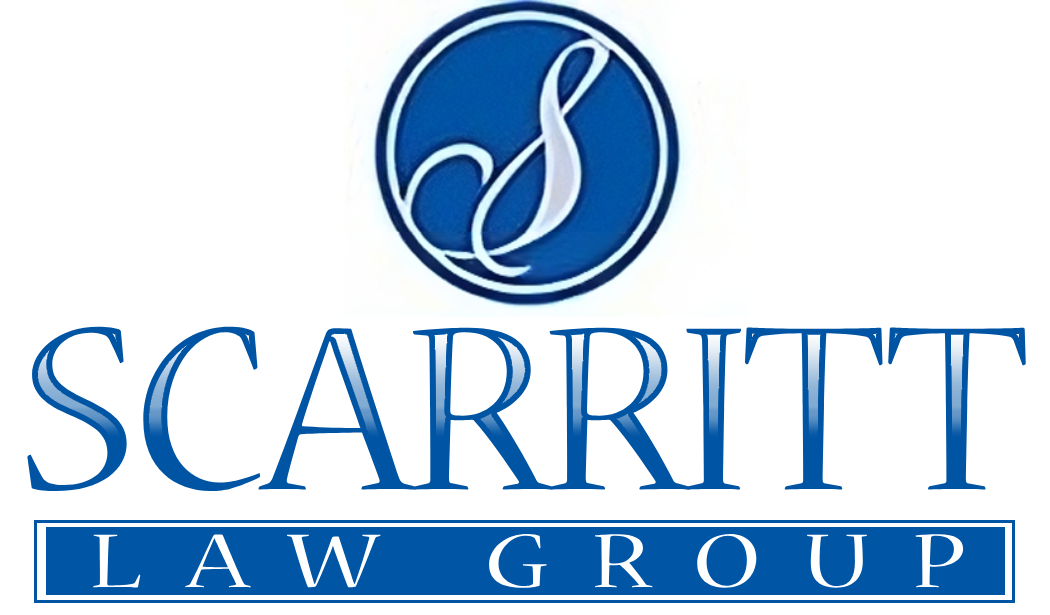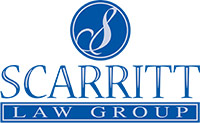Roles and Responsibilities
Code enforcement boards play a crucial role in upholding local ordinances and addressing violations. Their primary responsibilities include:
- Investigating Complaints: Responding to complaints from residents about potential code violations, such as unpermitted construction, unsafe buildings, or unsanitary conditions.
- Conducting Inspections: Performing inspections to verify compliance with local codes and ordinances.
- Issuing Notices of Violation: Informing property owners of code violations and providing instructions for corrective actions.
- Holding Hearings: Conducting hearings to allow property owners to contest violations or present plans for compliance.
- Imposing Penalties: Issuing fines, penalties, or orders for corrective actions to enforce compliance with local codes.
- Ensuring Public Safety: Taking necessary actions to mitigate hazards and ensure the safety and well-being of the community.
Types of Claims
Legal claims involving code enforcement boards may arise from various actions or decisions made by these bodies. Common types of claims include:
- Due Process Violations: Allegations that property owners were denied fair procedures, such as adequate notice or the opportunity to be heard, during enforcement actions.
- Equal Protection Violations: Claims that the code enforcement board applied codes or penalties in a discriminatory manner or targeted specific individuals unfairly.
- Unlawful Search and Seizure: Allegations that inspections or enforcement actions were conducted without proper authorization or exceeded legal boundaries.
- Retaliation: Claims that enforcement actions were taken in retaliation for exercising protected rights, such as free speech or filing complaints against the municipality.
- Improper Penalties: Allegations that the penalties imposed were excessive or not in accordance with local ordinances and regulations.


